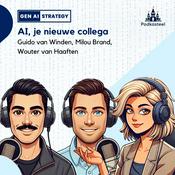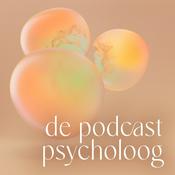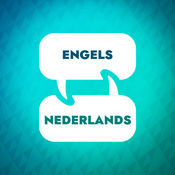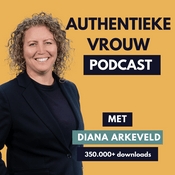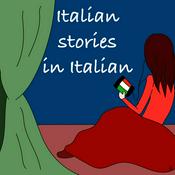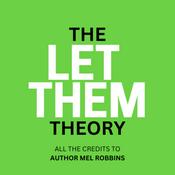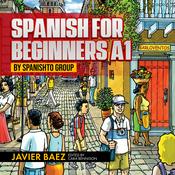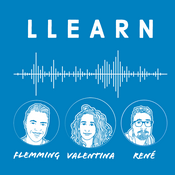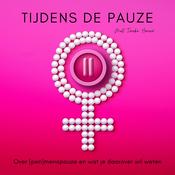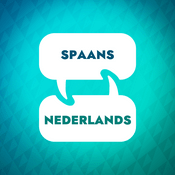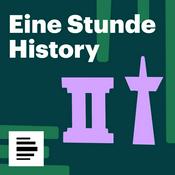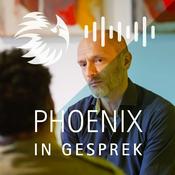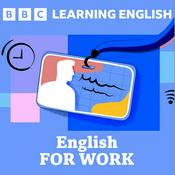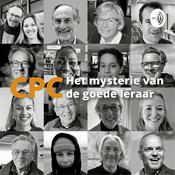42 afleveringen
- There is growing talk about ‘AI ethics’ in education.
We talk to Michał Wieczorek (University College Dublin) about how to think about tech ethics in a philosophically-grounded manner, and how much of the current push for AI in education is ethically questionable.
Accompanying reference >>> Wieczorek, M., Hosseini, M., & Gordijn, B. (2025). Unpacking the ethics of using AI in primary and secondary education: a systematic literature review. AI and Ethics, 1-19. - Carlo Perrotta (University of Oxford) was researching GenAI in education long before it hit the headlines.
We talk about the latest hype around ‘Agentic AI’ and whether this is genuinely a game-changer or simply a desperate attempt to sustain the GenAI hype bubble.
Accompanying reference >>> Perrotta, C. (2024). Plug-and-play education: Knowledge and learning in the age of platforms and artificial intelligence. Routledge. - Efforts are growing in many countries to get devices out of classrooms and push for a general ‘de-digitisation’ of education.
Ingrid Forsler (Södertörn University) talks about recent developments in Sweden and how we can make sense of this growing turn against digital education.
Accompanying reference >>> Forlser, I. et al. (2025). Hijacking the digital backlash in education. Postdigital Science & Education, https://doi.org/10.1007/s42438-025-00601-9 - We talk with legal expert Liane Colonna (Stockholm University) about the EU ‘AI Act’ and what it means for the use of AI in education.
To what extent can we rely on regulation to enforce safer and more beneficial forms of AI use in education?
Accompanying reference >>> Colonna, L. (2025). Artificial Intelligence in Education (AIED): Towards More Effective Regulation. European Journal of Risk Regulation, doi:10.1017/err.2025.10039 - Professor Arathi Sriprakash (University of Oxford) wants us to reimagine edtech along radically different lines.
What might digital education look like if it was based around principles of reparation, sovereignty, care and democratisation?
Accompanying reference >>> Sriprakash, A., Williamson, B., Facer, K., Pykett, J. & Valladares Celis, C. (2025) Sociodigital futures of education: reparations, sovereignty, care, and democratisation, Oxford Review of Education, 51:4, 561-578
Meer Onderwijs podcasts
Trending Onderwijs -podcasts
Over Education Technology Society
Casting a critical eye over the world of digital education, education futures and EdTech. Join Neil Selwyn as he talks to experts from around the world committed to new ways of thinking about digital technology and education
Podcast websiteLuister naar Education Technology Society, De Zestigers en vele andere podcasts van over de hele wereld met de radio.net-app
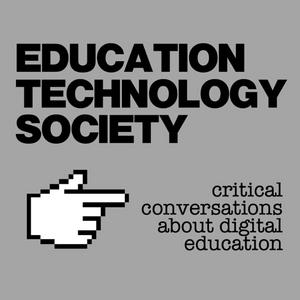
Ontvang de gratis radio.net app
- Zenders en podcasts om te bookmarken
- Streamen via Wi-Fi of Bluetooth
- Ondersteunt Carplay & Android Auto
- Veel andere app-functies
Ontvang de gratis radio.net app
- Zenders en podcasts om te bookmarken
- Streamen via Wi-Fi of Bluetooth
- Ondersteunt Carplay & Android Auto
- Veel andere app-functies


Education Technology Society
Scan de code,
download de app,
luisteren.
download de app,
luisteren.


